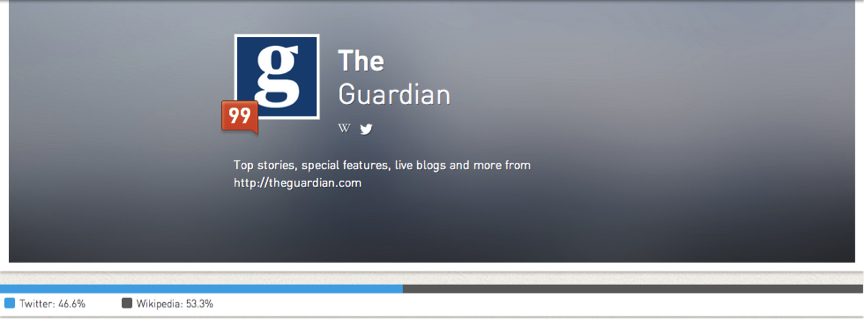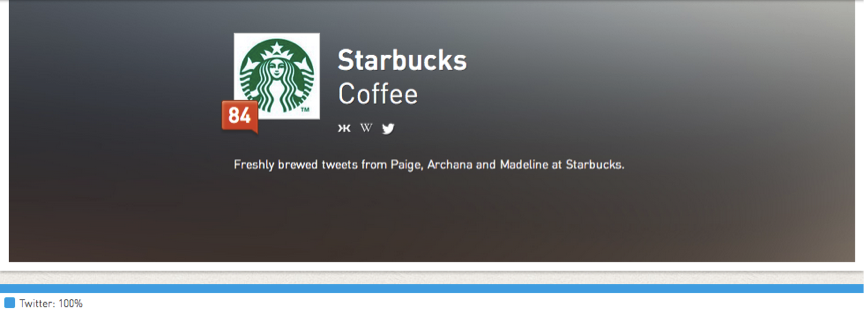
|
The rise of social networking in the UK in recent years has been meteoric. Recent figures revealed by the National Office for Statistics (ONS) and Eurostat show that the number of Brits online has doubled since 2006. Half of UK adults now use Facebook and Twitter, with almost half of the 33 million current UK internet users using social networks on a daily basis. Britons are also the second most prolific Facebook and Twitter users – behind the Netherlands – in Europe. |
Although anyone can leverage the power of social media not everyone has the same influence. For example, BBC Business Editor, Robert Peston’s social media updates have been linked to changes in share prices.
So how do you know who is worth following on social media? And how do you measure the amount of influence you have?
Where do you rank in the influential stakes?
Influence is: ‘…the ability to drive action. When you share something on social media or in real life and people respond, that’s influence…’
That’s according to Klout, which describes itself as ‘the standard for influence.’ It is a social scoring platform that helps social media users discover how they influence their online networks using a unique Klout scoring system.
It may be a harsh fact, but your connections, updates and posts can all be measured, regardless of whether or not you are a business or individual and whether or not you like it.
The more influential you are, the higher your score.
What is Klout and how does it work?
Klout is a website and mobile app that uses social media analytics to rank its users according to online social influence via the Klout score, which is a numerical value between 1 and 100.
It connects with just about every major social network including Twitter, Facebook, Google+, LinkedIn, Foursquare, Wikipedia and Instagram, to create Klout user profiles and generate a score. This is determined by measuring the size of a user’s social media network in correlation with the content created to measure how other users have interacted with that content.
So, it’s not just sharing daily updates on what you’re eating for breakfast or planning to eat for tea. It takes into account being retweeted, mentioned, liked or shared. Klout monitors and uses it all to generate your score, which is calculated on a daily basis.
How does it work in practice?
Here are a couple of examples of some current ‘high scorers’:
1. The Guardian

- Score – 99
- Based on – Twitter and Wikipedia data
- Influential topics – politics, world news, journalism, newspapers
2. Starbucks Coffee

- Score – 84
- Based on – 100 per cent Twitter activity
- Influential topics – food, coffee, business, restaurants
So, like it or loathe it, social media activity extends far beyond simply interacting online. You are not only creating a lasting, digital footprint with every piece of data you create, but data capable of assessing your online influence that fluctuates on a daily basis.
And that’s why it’s especially important for businesses to ensure they maintain a good online reputation.





